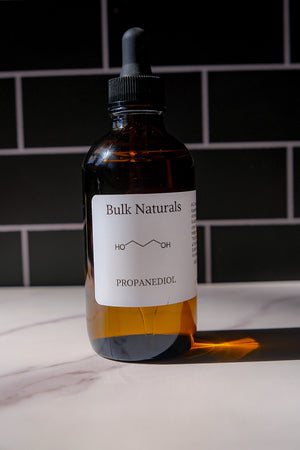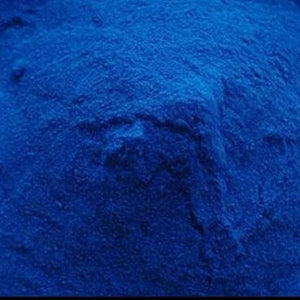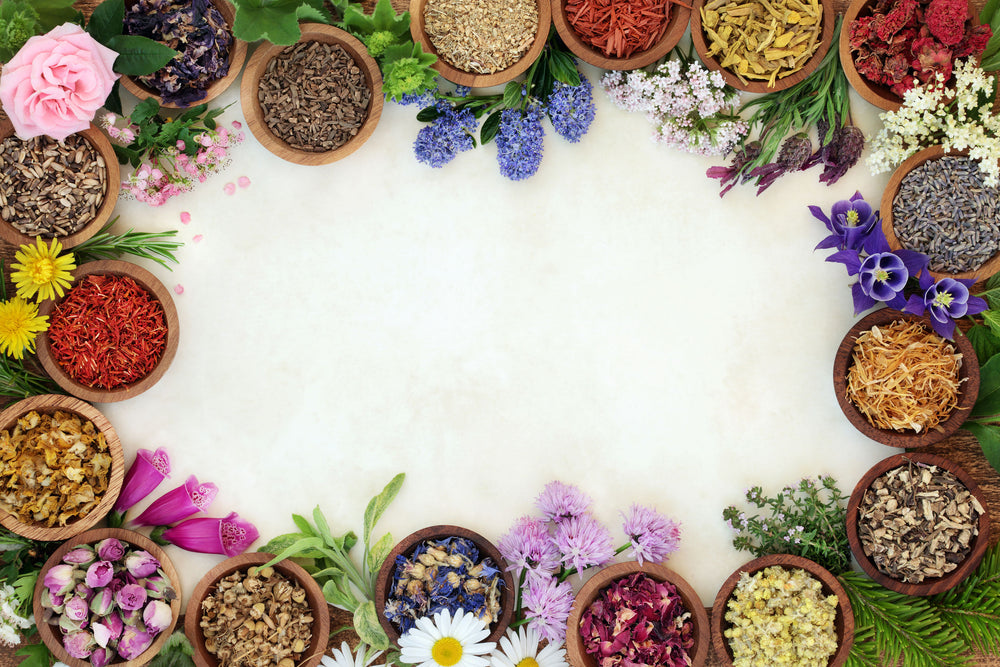Understanding Antioxidants, Natural Preservatives & Smart Storage Strategies
Why Shelf Life Matters in Natural Skincare
-
Water activity (anhydrous vs water-based)
-
Exposure to air, heat, light, and moisture
-
Microbial contamination
-
The presence (or absence) of antioxidants and preservatives
The Role of Antioxidants in Shelf Life Extension
Antioxidants play a critical role in extending the shelf life of natural formulations by inhibiting the oxidative processes that lead to rancidity and degradation. When oils, butters, and waxes are exposed to air, light, or heat, they can oxidize—producing free radicals that trigger chain reactions, breaking down lipids and altering the structure and efficacy of active ingredients.
This oxidative degradation often results in unpleasant odors, off-colors, separation, and a significant loss of nutritional or therapeutic value. By neutralizing free radicals and stabilizing reactive molecules, antioxidants help maintain the integrity, freshness, and performance of your products over time. Incorporating antioxidants is especially important in anhydrous formulas, plant-based emulsions, and products rich in polyunsaturated fatty acids, which are more prone to oxidation.
Popular Natural Antioxidants include:
- Vitamin E (Tocopherol): A fat-soluble antioxidant that protects unsaturated oils from rancidity.
-
Rosemary Extract 5% Carnosic Acid: A powerful antioxidant extract rich in carnosic acid, it helps stabilize volatile oils and is widely used in clean formulations.
- Green Tea Extract: Contains catechins, which not only provide antioxidant benefits for the skin but also slow degradation in water-based formulas.
Natural Preservatives: The Key to Safety
Preservatives are essential for maintaining the microbiological safety and stability of skincare and personal care products—particularly those containing water, such as creams, lotions, toners, gels, and hydrosol-based serums. Without a preservative, water-based formulations can become breeding grounds for bacteria, yeast, and mold, leading to spoilage in a matter of days—even if the product looks and smells fine.
Natural preservatives offer an effective alternative to synthetic options, using ingredients derived from plants, fermentation processes, or organic acids to protect formulations while aligning with clean beauty standards. These preservatives not only help extend shelf life but also safeguard consumers from potential infections and product degradation. Choosing a well-formulated, broad-spectrum natural preservative ensures your products remain safe, effective, and compliant—without compromising on ingredient transparency or label appeal.
Clean, Broad-Spectrum Preservatives:
- Leucidal® SF Max: A powerful antimicrobial derived from fermented Lactobacillus, ideal for broad-spectrum protection in emulsions and water-based products. Effective in formulas with a final pH below 9.
- Leucidal® Liquid SF: A gentler version of Leucidal SF Max, offering natural antimicrobial properties. Great for sensitive skin formulations and works best in pH ranges of 3–8.
- Leucidal® SF Max Powder: A preservative with the same efficacy as the liquid version but in a powdered form—perfect for anhydrous formulations or dry masks. Must be solubilized during formulation.
- Leucidal® Liquid Complete: A complete, self-preserving system combining Lactobacillus, Cocos Nucifera (Coconut) fruit extract, and Radish Root Ferment Filtrate. Offers broad-spectrum protection, with added moisturizing benefits.
Best Storage Practices to Maximize Shelf Life
-
Use airless, opaque packaging: This reduces oxidation and limits UV exposure, which breaks down both oils and actives.
-
Avoid humid environments: Storing skincare in the bathroom may seem convenient but exposes it to high humidity and temperature fluctuations, which accelerate microbial growth.
-
Refrigeration: For ultra-clean, preservative-free products or small-batch formulations, keeping them cold can help preserve freshness.
-
Batch control: Always label products with production and expiration dates. For formulators, microbial challenge testing is ideal before scaling.
What’s the Typical Shelf Life You Can Expect?
-
Oil-based, preservative-free balms or serums (with antioxidants): 6–12 months
-
Emulsions with natural preservatives: 6–18 months depending on formulation and packaging
-
Refrigerated or airtight-stored items: Up to 1.5x their ambient shelf life
Protect your formulas the natural way.
Browse our curated selection of antioxidants and natural preservatives—perfect for clean beauty, conscious brands, and effective shelf stability.
👉 Shop Antioxidants & Preservatives at Bulk Naturals Wholesale









Leave a comment